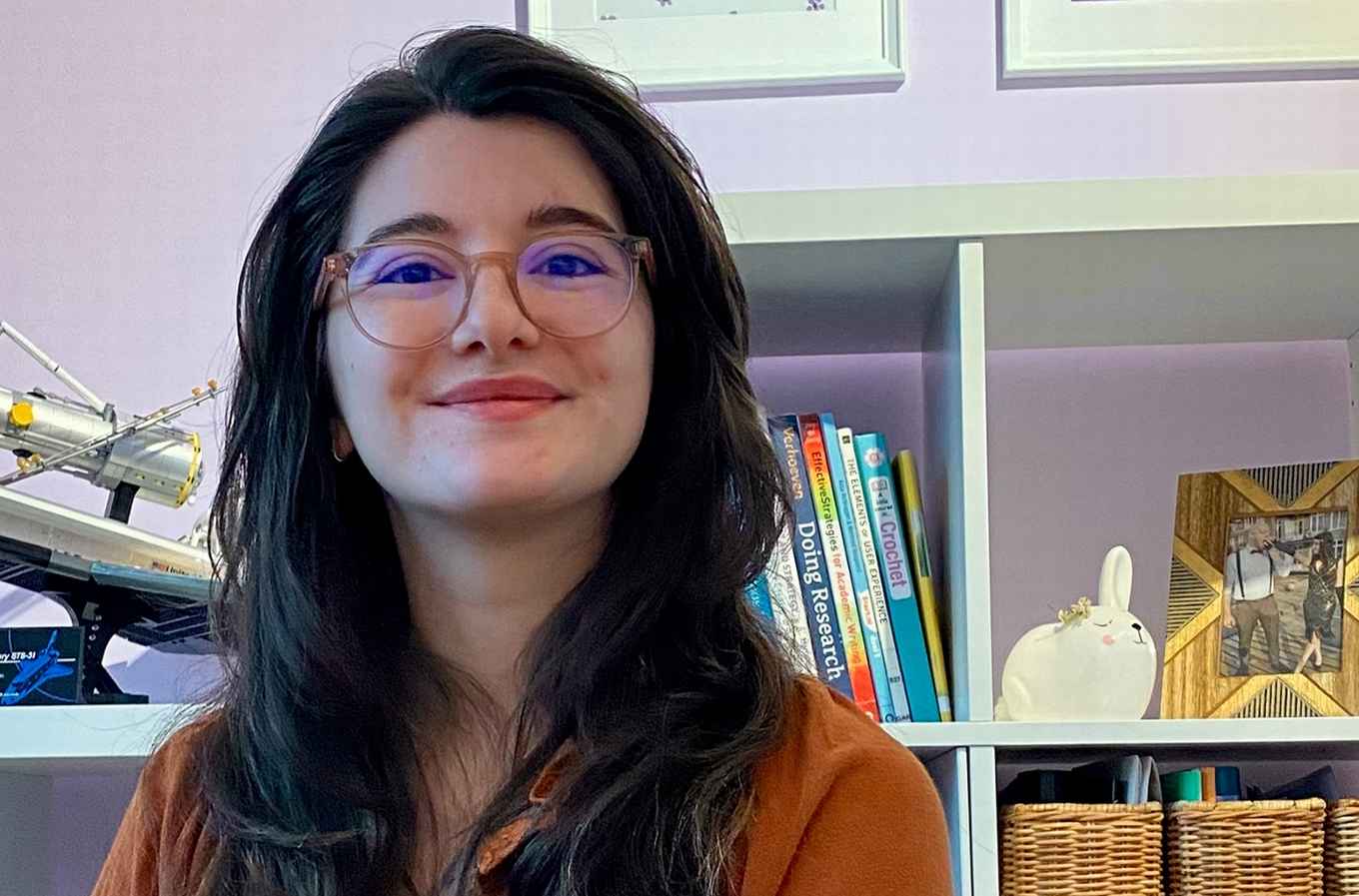Stefania Popa: Winner ASF Thesis Prize 2024
Thesis and prize
After careful consideration, the selection committee unanimously awarded Stefania Popa, student MSc Business Administration, Digital Marketing track, the prize for her excellent thesis, entitled:
#VirtualInfluencer: A Deep Dive into Virtual Influencers’ Impact on Women’s Self-Esteem, Body Dissatisfaction, and Purchase Intentions via Comparison Mechanisms.
Stefania’s thesis addresses a novel technological phenomenon – the existence of social media influencers that are fully virtual. Read more about thesis below.
Popa will receive an amount of 1.500 Euros. To recognise teaching contributions, 500 Euros will be awarded to the supervisor, Dr Andrea Weihrauch.
ASF Congratulates both the winner and her supervisor with this award in sustainability!
-
Read more about this thesis
Stefania’s thesis addresses a novel technological phenomenon – the existence of social media influencers that are fully virtual. More importantly, she focuses on the question if such completely “fake” agents have an influence on young female consumers that go beyond them buying products that those virtual influencers recommend. In her thesis, she examines if those often completely unrealistically beautiful agents set standards unachievable beauty standards for young females. Stefania’s thesis therefore fits in ASF goal Sustainable Economy, sub-goal Responsible production, consumption, and marketing. Her thesis is remarkable first and foremost, because she took the courage to study a completely new topic for which very little existing literature is available. She navigates neighboring field’s literature (i.e., Information Science) and manages to reflect on this novel literature with remarkable maturity. Secondly, she displayed methodological rigor and effort, creating and pre-testing novel stimuli and ability to statistically address a rather complicated model on n=225 participants. Most importantly, her thesis, while written for Marketing, allows for important insights regarding societal impact. She not only test if virtual influencers can negatively affect the self-esteem of young women, but she also further examines what times of intervention efforts could be taken to attenuate such negative effects. While women participating in this study seemed to be aware, at least to a certain extent, that the image presented was not that of a real human, this did not stop them from comparing their appearance to that of the virtual influencer, showing further evidence that social comparison might occur automatically even when the comparison agent was deemed irrelevant. She therefore tested two intervention disclaimers on these virtual agents. Even though the disclaimer was evident (using the words “Warning” and “not real” and the colour red) and most participants correctly recalled the disclaimer shown on the image, the effect of the highly anthropomorphised virtual influencer did not change. These findings are incredibly important as more and more countries try to regulate the (social) media space with such disclaimers. Understanding that they do not achieve the desired effect is therefore relevant for regulators and society at large.
The shortlisted finalists:
- Christopher Bradbury - Will carbon pricing increase inequality? Measuring the carbon tax welfare effects in South Africa. Supervisor: Dr Thomas Douenne, ASE;
- Cagla Su Isbilen - "No brand is telling me what not to eat”: The Impact of Brand Type and Injunctive Norm Appeals on Consumers’ Intention to Reduce Their Meat Consumption. Supervisor: Dr Marlene Vock, ABS
- Jessica Loureiro Simões - Information restriction on product packaging and its impact on consumer behavior. Supervisor: Dr Jantsje Mol, ASE;
- Anna Laura Von Bomhard - Looking at Glasses Through a Green Lens: Can Eyewear be Part of the Circular Economy Theory? – Investigating the Concept of Circularity in the Eyewear Industry. Supervisor: Dr Aldo Do Carmo, ABS.
The selection committee
A selection committee, composed by Dr Natalie Lee (ASE), Prof. Sander Onderstal (Strategy & International Business, ABS), Dr Elisabeth Proehl (Macro & International Economics, ASE), Dr Almasa Sarabi ( Leadership & Management, ABS) and chaired by Dr Vittoria Scalera (ASF Director) carefully reviewed all the 14 nominated theses. This prize is given to the best EB master thesis in sustainability research featuring not only novel ideas, and rigorous methodologies, but also a considerable impact on society.
Contact
Do not hesitate to contact ASF if you have any questions related to the award, please contact us.
